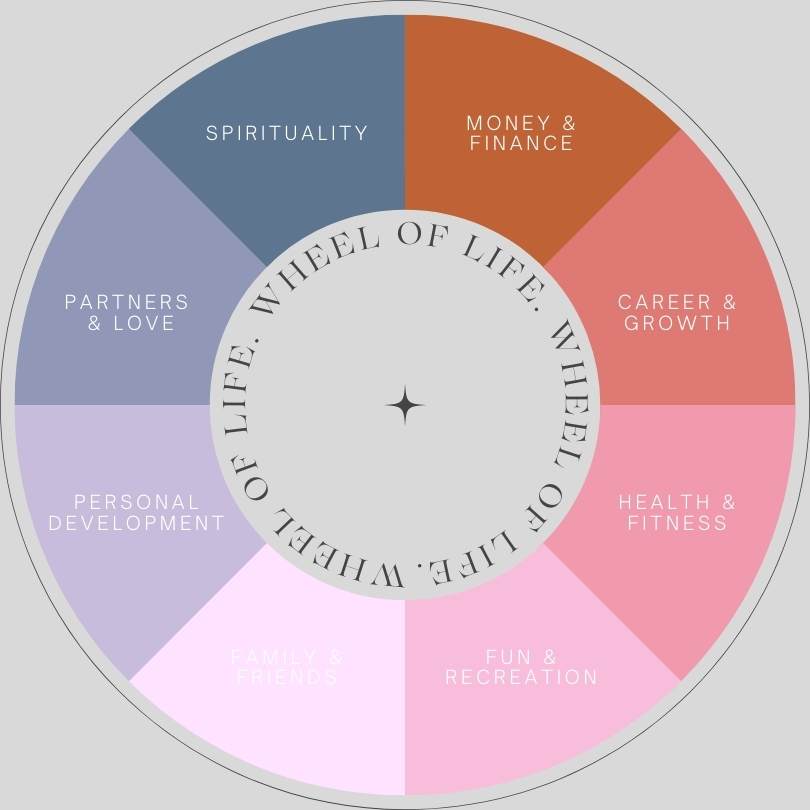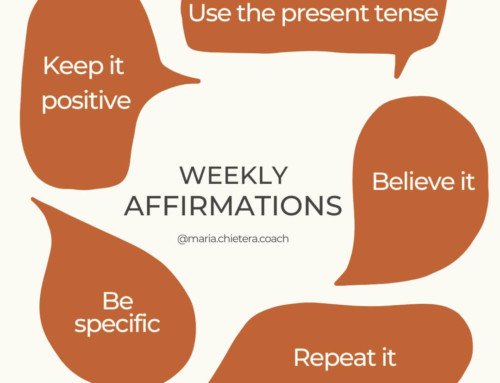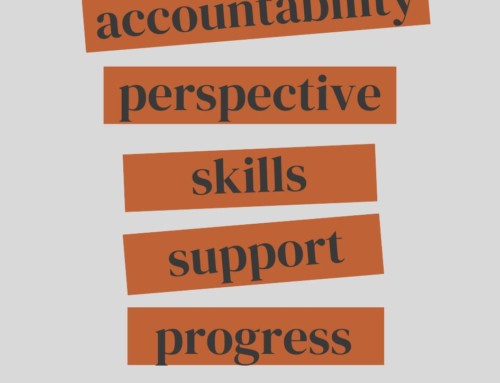Why you (don’t) need a coach
Recently a friend asked me: ‘Maria, how do I know if I need coaching?’
And I found it an excellent question.
Often I hear people quoting Bill Gates in the famous Ted Talk when he said, ‘Everyone needs a coach. (..) We all need people to give us feedback. This is how we improve ‘.
So, does this mean that you should immediately run hiring a coach?
Nope. False. Here there are a few examples of why you might not want to get a coach right now:
You are content where you are
You don’t need a coach if you’re content about who you are and where you are. Maybe you just went through a transformative journey, loss or a period of change. Perhaps this moment of your life is about slowing down, recovering, or appreciating what’s already here for you.
Whatever your reason is, it’s absolutely ok not to be willing or capable of thinking about ‘your next step in life’ right now. Don’t believe anyone trying to tell you otherwise!
Maybe trying to build your own mindfulness practice or joining a local community could be more suitable for you now.
You trust your current support system
You might not need a coach if you already have all the support you need in your circle of friends and family and feel you can unconditionally count on them.
Suppose you succeed by surrounding yourself with anything like a study group, formal and informal mentors, or a community of people walking the same path you can lean on. In that case, you might have everything you need to succeed and don’t need further support.

You’re not sure whether you’d benefit more from therapy
Unfortunately, many people wrongly assume that life coaching is just a disguised form of therapy or even worse, therapy provided by someone who isn’t licensed. This is definitely a misconception: life coaching is a distinct service that aims to assist motivated, driven individuals in achieving the results that will lead to fulfilment across all areas of life in the future; therapy focuses on helping individuals address and resolve emotional, psychological, or behavioural issues.
While a coach can absolutely be supportive and empowering, it is not a substitute for professional mental health treatment. If you think you are dealing with depression, anxiety, or other mental health issues, or you’ve had a few coaching sessions and feel you’re not moving forward, this might indicate that you may want to seek therapy.
While coaching and therapy are different, there is some overlap between the two, and I witnessed enormous growth in clients that chose to benefit from both at the same time. Ultimately, the decision to seek coaching or therapy will depend on which specific needs and goals you want to work on right now.
You’re looking for a quick fix
Bad news. Coaching is an extremely fulfilling process, but it requires time, effort, willingness to go deep, vulnerability, and courage to make bold decisions.
If you’re looking for a quick fix or an easy solution to your problems or someone to lead you to the solutions to your problems, unfortunately, coaching may not be the best option.
Make sure you start your coaching journey at a moment when you know you’ll be able to dedicate your focus and energy to it.
So, now what?
Are you still in doubt?
If you’d like to know more, you might find interesting my article about Five ways personal coaching can help you achieve your goals.
Moreover, you might want to have a look at my FREE COACHING WORKBOOK to have a glimpse of how moving your first steps in a coaching journey could look like.
You have nothing to lose!
Thank you for reading.
With love,
Maria




